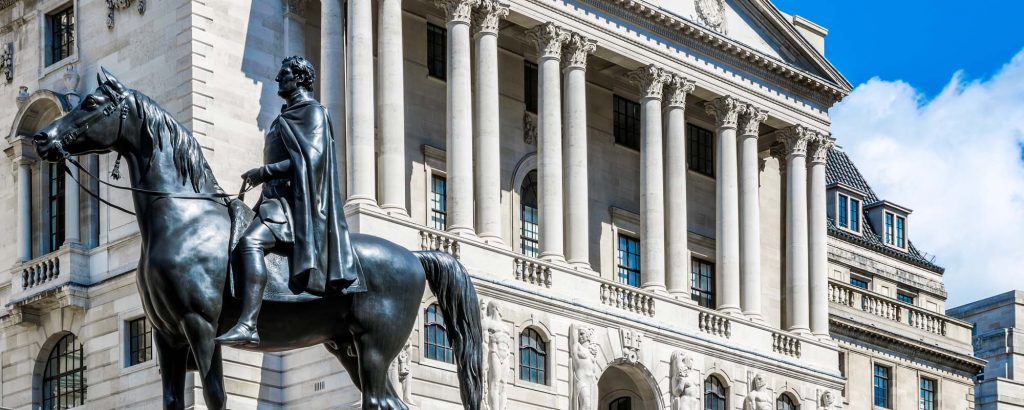With the continued base rate increases by the Bank of England, borrowers have endured higher mortgage payments. This is because lenders usually pass the increased rates they have to pay onto their customers. So, following each meeting held by the Monetary Policy Committee (MPC), the question you’re most likely to ask is ‘How much will my mortgage go up?’
The financial impact on your mortgage following another interest rate increase
Not all mortgages are affected by the rate increases. It depends on the type of mortgage you have taken out.
Variable rate mortgages
If you have a tracker mortgage, which links to the Bank of England base rate, the amount you pay will increase immediately at the same rate. Other variable rate mortgages depend on the lenders. As mentioned above, they usually pass on their increased costs to their borrowers, which means the variable rates are likely to increase. By how much and when, though, is down to each lender. Your mortgage broker can guide you on the amount due in the event of another rate increase. They can calculate a new monthly mortgage repayment amount based on your outstanding loan, the remaining term, the rate you currently pay and the new rate.
Fixed rate mortgages
If you have a fixed rate mortgage, your interest rate will stay the same for the remainder of the fixed term. This means that your mortgage won’t be impacted by an increase in the base rate. As such, your monthly mortgage payments will stay the same.
New mortgage products
As increases to the base rate were previously forecast, many lenders had already factored the anticipated increases into their products. Therefore, even if the rate continues to rise, it shouldn’t impact these mortgage products too heavily.
When is the next interest rate increase expected?
The next review of the base rate by the MPC is to be held on 11th May 2023. This review is conducted eight times each year. The Bank of England’s inflation target is 2% and the current rate of inflation stands much higher at 10.4%. It’s expected, therefore, that the base rate will increase again to combat this high level of inflation. The last rate increase, however, was smaller than the previous ones. This, combined with the government’s announcements in the Spring Budget, has led some market experts to state that they don’t believe there will be a further increase in the rate.
How to reduce the effect of increasing interest rates on your mortgage
The continuous increases in mortgage rates have, unfortunately, seen many borrowers fall into debt. As well as that, the risk of borrowers losing their homes has increased as a result of being unable to keep up with high repayments. So what can you do to minimise the impact on your mortgage of increasing interest rates? There are a few options to consider, which we’ll detail below.
Switch to an interest-only deal
One option is to switch your mortgage to an interest-only basis instead of having a repayment mortgage. This means you only pay the interest each month, considerably reducing your monthly payments. However, you need to bear in mind that the interest over the mortgage term works out higher for an interest-only option than a repayment one. So although you’ll benefit from lower monthly payments, you’ll pay more overall. Also, as you’re not repaying any of the mortgage loan, you need to remember that this has to be repaid at a later date.
Your lender may allow you to arrange a temporary switch to an interest-only mortgage. This would help you to keep your head above water while the interest rates are still rising. When inflation gets under control and rates come down, you can then switch to a repayment mortgage again.
Lengthen your mortgage term
Another option is to increase the length of your mortgage term. This spreads the payments over a longer period, reducing the monthly amount payable as a result. However, as interest then becomes payable over the longer term, you’ll pay a lot more in the long run.
Opt for a 5-year fixed rate
Currently, 5-year fixed-rate deals are cheaper than deals with a 2-year fixed interest rate. Consider switching to this option to benefit from a lower rate. You’ll also have peace of mind that the rate will remain the same for the 5-year term regardless of any future rate increases.
Check for new variable rates
It’s important not to discount variable rates when looking at ways to minimise the effect of increasing interest rates on your mortgage. To attract new borrowers and be more competitive, some lenders have already lowered their variable rates. In some cases, these rates are now lower than those for the 5-year fixed deals.
Get expert advice on how to minimise the financial impact on your mortgage caused by increasing interest rates
We recommend that you speak with one of our mortgage brokers about the options available before making a decision. That way, they can check your circumstances and advise you on the best solution accordingly. Just give us a call on 01322 907 000 for expert help based on your current deal and situation. With unrestricted access to the market, they can shop around for the best deal to reduce the impact that any further interest rate increases may have on your mortgage.

